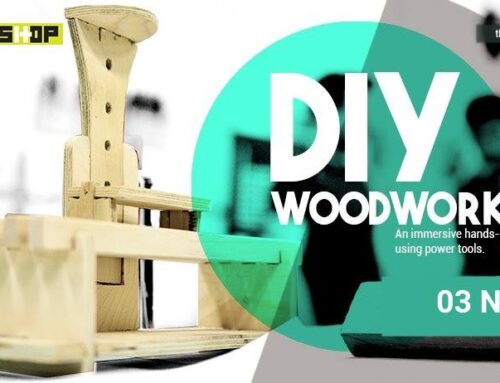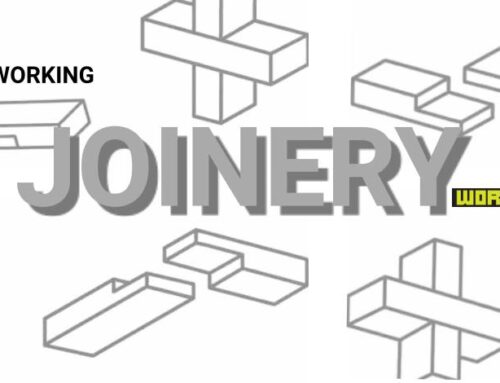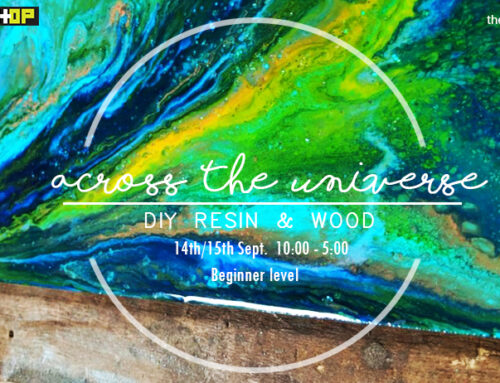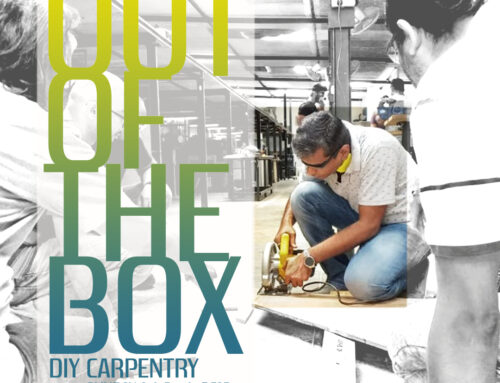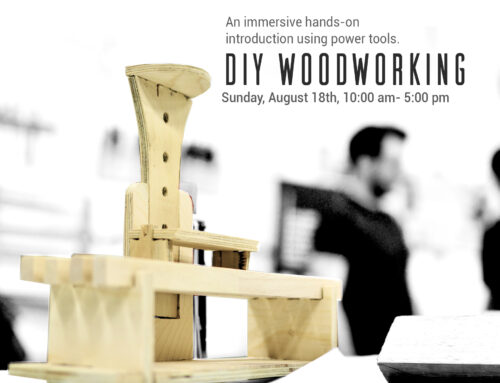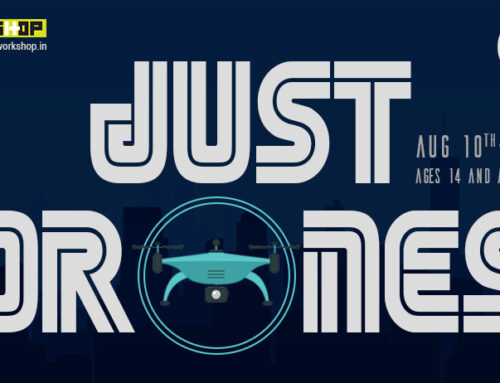Project Description
D-BOT 2016 (Design Built On Technology) – MC03_Bangalore
7/8 MAY 2016
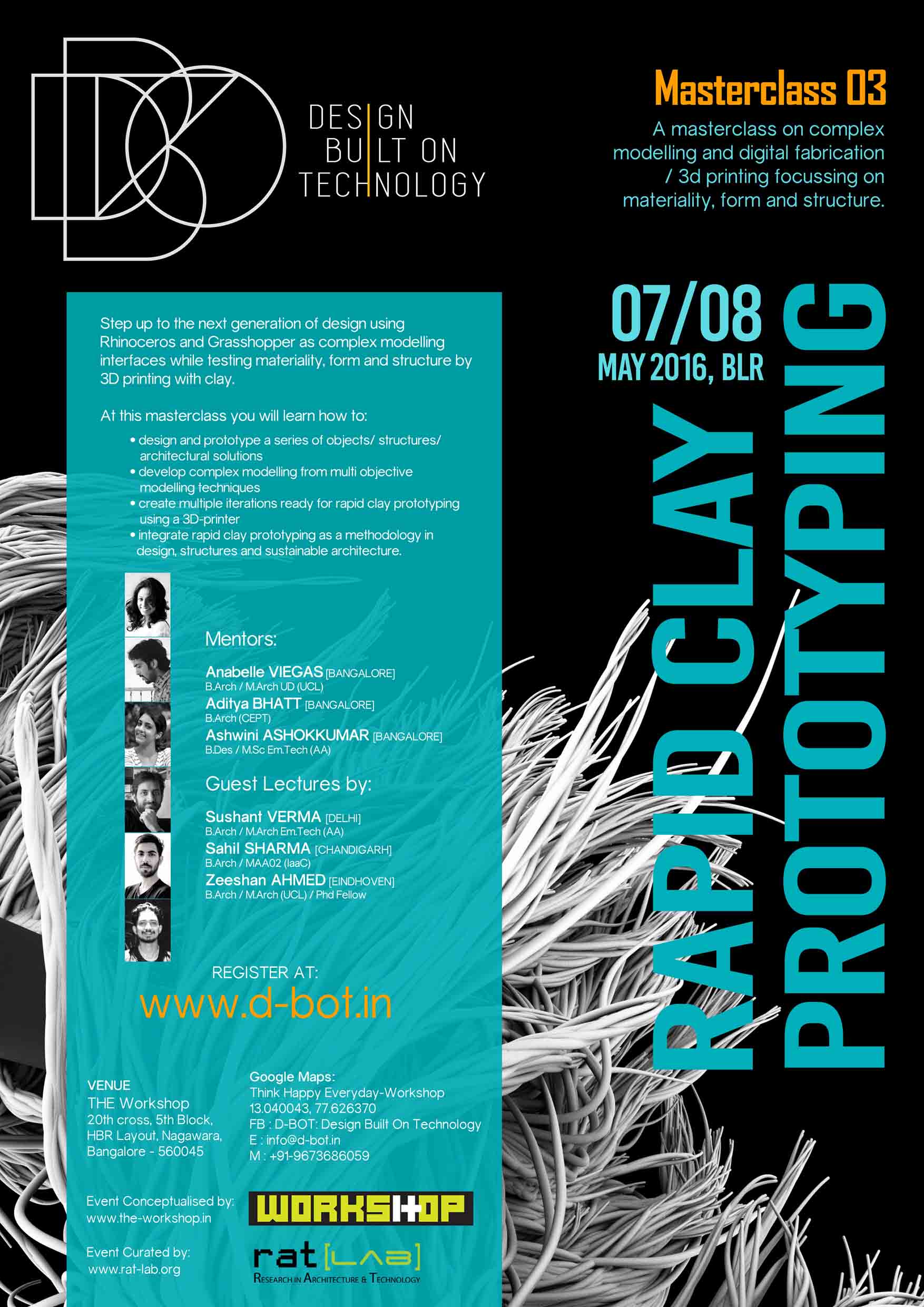
// Level
Basic to Intermediary (Previous skills are preferred, but not obligatory)
// Agenda
The masterclass is an introduction to rapid prototyping, using the rhinoceros with grasshopper as complex modelling interfaces and 3d printer for initiating the rapid prototyping agenda. “Rapid prototyping has provided the world an ability to turn visions into reality in a matter of hours not only accelerating the manufacturing cycle, it also means that you have more time and opportunities to perfect design before production.”, participants from any design oriented background would find the workshop beneficial. In this 2-day workshop, we would begin with basics of digital designing and their role in 3d printing and gradually progress to more advanced topics/ techniques, which participants could directly implement in their own professional discourse.
The brief of the workshop is to design and prototype a series of objects/structures/
// Methodology
Workshop has been structured to teach participants the use of Rhinoceros and Grasshopper as digital modelling tools, along with the conversion of the digital models into G-codes for 3d printing, and ways to integrate rapid prototyping as a methodology in design, structures and architecture.
• Day1:
Intro to Workshop & Demos
Rhinoceros and Grasshopper introduction to complex modelling:
_Setting up /Installations of software and relevant plugins.
_Basic introduction to Rhinoceros and Grasshopper
_Basic introduction to Weaver bird plugin for working with meshes.
_Understanding process of creating useful iterations.
Introduction to rapid prototyping:
_Understanding the role of meshes.
_Setting up files for 3d printing.
_Understanding support systems and conversion of geometry to G-code for printing.
• Day 2:
Multi object modelling and prototyping:
_Intro to scripting in grasshopper with multi objectives.
_Multiple iteration formation and selection.
_Rapid prototyping the selective selections.
_Documentation of workshop output.
_Exhibit of participant’s work.
//About Rapid Prototyping
Rapid prototyping is a group of techniques used to quickly fabricate a scaled model of a physical part or assembly using three-dimensional computer aided design (CAD) data. Construction of the part or assembly is usually done using 3D printing or “additive layer manufacturing” technology. Introduced first in late 1980s, the methods for rapid prototyping were used to produce models and prototype parts. Today, they are used for a wide range of applications and are used to manufacture production-quality parts in relatively small numbers and shorter time using easy to move machinery.
// Software & skills
Basic knowledge of Rhinoceros and Grasshopper is preferred but not obligatory. Participants should bring their own laptop with pre-installed software.
// Tutors
ANABELLE VIEGAS (Urban designer / Experience designer / Educator)
Architect, Urban Designer and hands on maker Anabelle is pure design. She is the co-founder of THE – Think Happy Everyday and THE Workshop – a design research initiative and fabrication makerspace that aims at developing collaborative research communities to look into hyper local applications of design – materiality, techniques, technology and system design for the new urban . Associate Professor at BGS School of Architecture and Planning, she has conducted various design and fabrication led workshops across south India. Anabelle uses technology to explore the realms of design and was awarded a distinction at the Bartlett school of Architecture, London for her research work done on developing a new methodology of deciphering the urban. Experimenting with technology, interaction and experience THE-Workshop has been featured at Autodesk University 2015, Economic times A & D summit 2015, Mini-maker faire 2015, Designuru 2016, Design Open 2016 and now kickstarts 2016 with D-BOT, India’s first computation design mega event.
ASHWINI ASHOKKUMAR (Interior designer / Digital designer / Educator)
Ashwini Ashokkumar is an interior architect and a geometry enthusiast. She has recently completed an Msc. in Architecture from the Emergent Technologies and Design Programme at the Architectural Association, London where she furthered her interests in the interaction of material and geometry to develop intelligent forms. Ashwini completed her B.Des from the Faculty of Design, CEPT University, Ahmedabad in 2012 following which she taught subjects such as Technical Representation of Drawing, Design Studios IV&V as well as electives on Algorithms in Architecture at her alma mater. She has also been a Design Associate with Aakruti Architects, Ahmedabad heading the School of Building Science and Technology Redevelopment Project as well as other residential projects.
ADITYA BHATT (Architect / Maker / Educator)
Aditya Bhatt is an architect with a passion for computational design, sustainability and an interest in emergent technologies.He has always been keen on exploring innovative and beautiful context specific design solutions for contemporary needs using appropriate building materials and technologies. He has a Bachelors in Architecture from School Of Architecture CEPT University with a research thesis on bioclimatic and passive solar design titled: “Golconde: Architecture, Climate and Comfort”, He has 5 years of experience working as an independent architect and with design firms – Apical Reform, Ahmedabad and atmos studio, London where he furthered his love for form,functionality and the exciting possibilities of computationally assisted craft. His core values remain grounded with his inquiry about the relationship between man and the environment, and environmentally responsive and responsible architecture.
External Tutors:
SAHIL SHARMA (Architect / Material Researcher / Educator)
Sahil Sharma is a computational designer, material researcher & architect, whose works investigate the simulation of variable local deformations in materials and their implementation on experimental structures and digital fabrication techniques in object, structure, art and architecture scale. He graduated from Institute for advanced architecture of Catalonia (IaaC) Barcelona, has been organizing workshops in computational design, experimental structures, digital fabrication techniques, etc., and has published/exhibited internationally. He is founder of Cipher lab co. which is a collaborative research based studio inclined towards exploration in the fields of material research, experimental structures and digital fabrication techniques and their implementation into the field of architecture. Currently, he provides consultancy in computational design, experimental structures and digital fabrication with some India- based offices and is developing a co-working maker space for architects to work on collaborative researches and projects implementing the agenda of experimental systems, advanced material and digital fabrication into the new architectural practice.
SUSHANT VERMA (Architect / Computational Designer / Educator)
Sushant Verma is an architect & computational designer, currently leading research organization rat[LAB] – Research in Architecture & Technology. Former architect at Zaha Hadid Architects, London & a Sr. Editor at Arch2O, he holds teaching positions at a number of universities internationally & is involved in education for computational & parametric design. He is the founder of rat[LAB] EDUCATION, which is an initiative to spread the idea of computation in design profession & education in India. Recipient of MAK Schindler Award from Vienna / Los Angeles and a finalist for AIA Emerging Leaders Fellowship from Chicago, his work is widely published and exhibited in London, Los Angeles, New York, San Francisco, Taipei & New Delhi, among other places. He was recently shortlisted in New Delhi among 5 architects for ’20 under 35’ Exhibition at Alliance Francaise de Delhi.
// Venue
Think Happy Everyday – Workshop
20th Cross, 5th Block,
HBR Layout,
Nagawara,
Bangalore – 560045
www.the-workshop.in
Google Maps: Think Happy Everyday-Workshop // 13.040043, 77.626370
// Dates & Timings
Registrations end: 4th May 2016 (23:59 hrs)
Workshop Dates: Saturday 7th May / Sunday 8th May 2016
Workshop Timing: 10:00 am – 06:00 pm
// Participation fee
• Professional fee : INR 7000 (+ Service Tax & Gateway Charges as applicable)
• Student Fee : INR 4500 (+ Service Tax & Gateway Charges as applicable)(ONLY FOR STUDENTS: Valid ID Proof Required)
// NOTE
• The workshop has only 25 spots available (first-come, first-served).
• Workshop is open for students and professionals from all backgrounds.
• Discounted rate is applicable for students, currently enrolled in any educational institute or recent graduates (graduated in last 1 year from the date of workshop: Proof of status will be required).
• Failure to submit a proof of student status (or graduation certificate) will lead to a non-refundable cancellation.
• The workshop’s prime focus will be on methodologies & processes through software platforms and should not be interpreted as a ‘software tutorial’ merely.
// Software downloads
• Grasshopper.
• Weaverbird.
• Starling.
//Queries
For any queries or assistance, kindly e-mail: info@d-bot.in
// About Organisers
THE Workshop – Think Happy Everyday
Think Happy Everyday (THE) is an ideology that works for people, places and products. A new era design, communication and education specialist agency with capabilities from architectural installations to immersive experiences. THE engages architects, creative technologists, coders, and communication experts collaborating with specialists across the world to make ideas possible. A bridge between computational design and real-world testing, THE Workshop is a design research initiative focussed on digital fabrication, material experimentation and new design methodologies.
rat[LAB] – Research in Architecture & Technology, is an independent research organization and network of designers & researchers specializing in computational design or similar technology-related domains. rat[LAB] EDUCATION is an initiative by rat[LAB] to start a new discourse in architecture & parallel design disciplines with the use of ‘computational design’ & it’s various subsets. Spread across various cities / countries, we are establishing a global dialogue in the domain of computational design by actively organizing and participating in workshops, lectures, presentations & symposiums. While rat[LAB] has taken a top-down approach of exploring computational design through industry, a parallel, bottom-up approach is also in-line to involve students of all levels, from design & related backgrounds.
